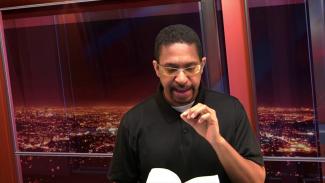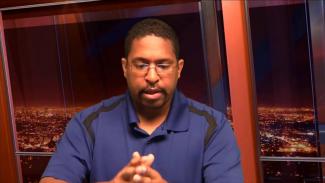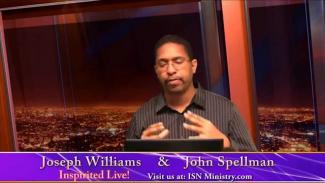Topic: Stewardship
To see more broadcasts select show names, a year, or all video media.This week we are joined by Dr. May-Ellen Colon and Dr. Gaspar Colon as we discuss Jesus on the topic of community outreach. What did Jesus have to say about community outreach? How did Jesus view the church's role in terms of reaching out to those in spiritual darkness? Who is our neighbor? What did He mean by the metaphors of light and salt? What roles do different members within the church play in reaching outsiders? How does the farming analogy illustrate these different roles? How do we prepare the soil, sow the seed, nurture the crop, and reap the harvest?
What does the book of Proverbs say about living by faith? How does Solomon further elaborate on his themes of oppression and treatment of the poor? While riches are not a sin, what does the Bible say about how people should become rich? This week we explore Proverbs 28 - 29. Solomon discusses themes of true leadership and corruption, warning of the perils of ruling by unjust means. Why does Solomon suggest its better to have little and maintain integrity compared to having much but resorting to unrighteousness to get there?
What does the book of James say about the rich? Does the Bible condemn riches? Does it favor the poor? How can we understand James' warning to the rich? What Biblical principles can we grasp that should influence the way Christian employers conduct and do business? James draws our attention to corruption and oppression as he warns of the judgment to come. God holds us accountable for the blessings He gives to us.












